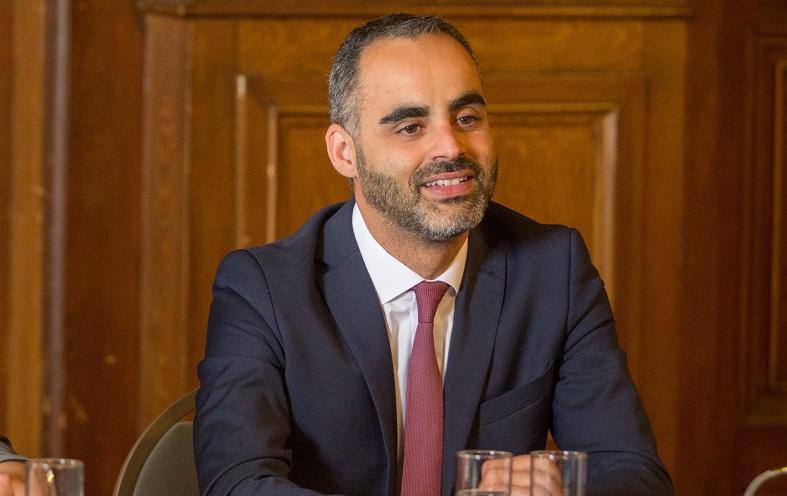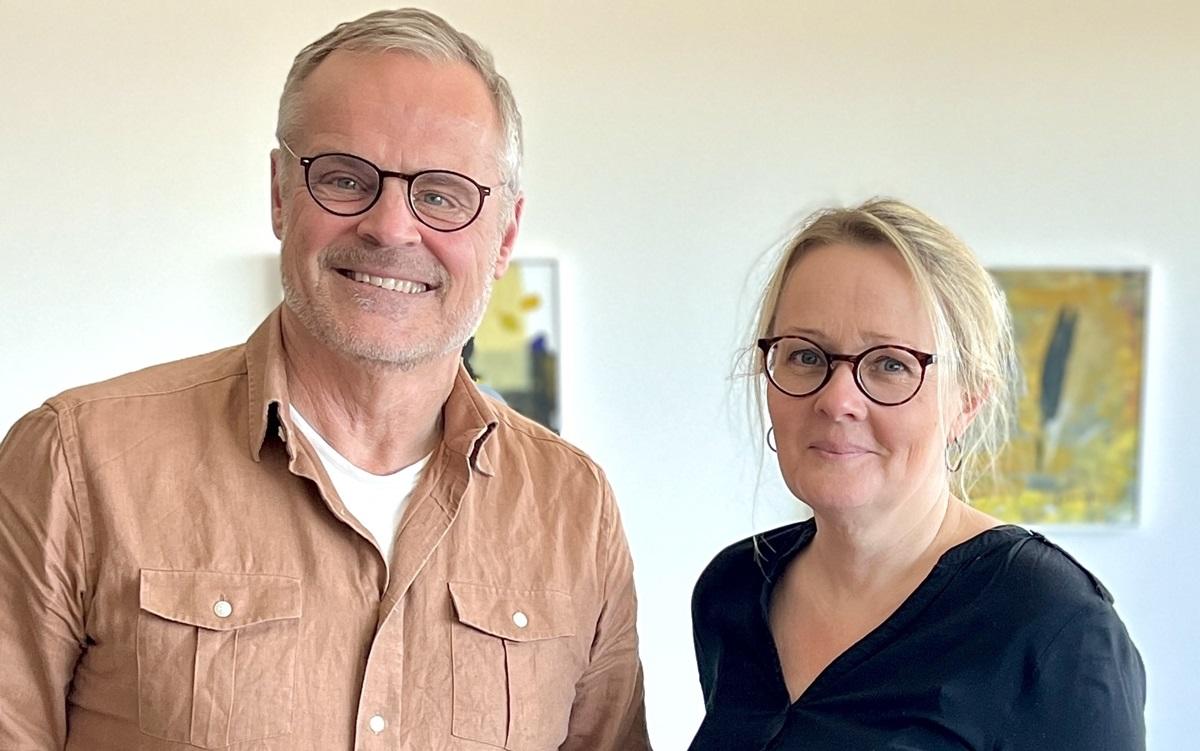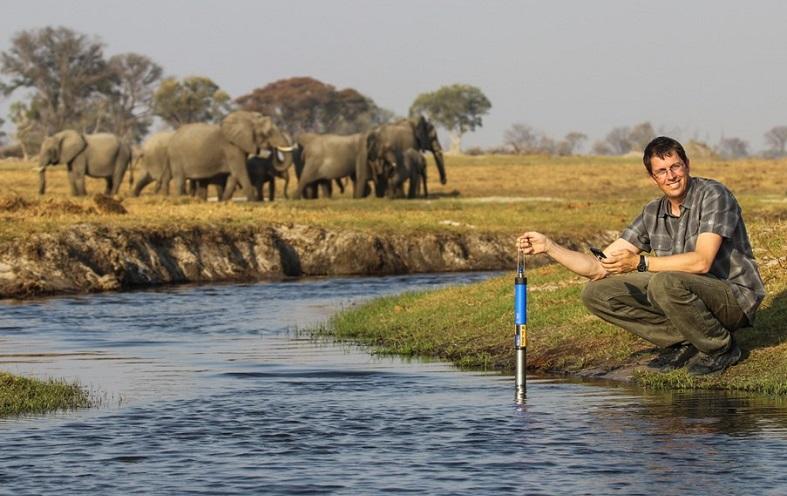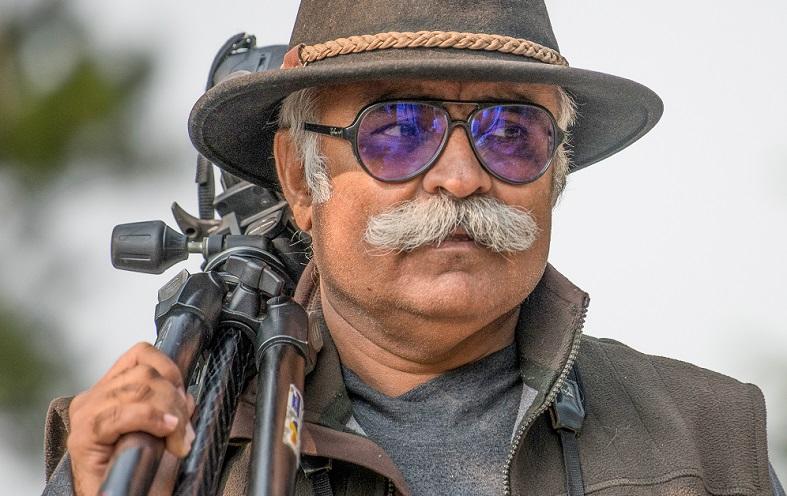
Eduardo Santander is the Executive Director of the European Travel Commission. We caught up with him to gauge his thoughts on the overarching role played by the organisation to facilitate the exchange of best practices, market intelligence and sustainability strategies among member nations and destinations. He also illustrates how ETC is helping Destination Europe to recover from the current pandemic.
Eduardo, with close to a decade of experience as the Executive Director of the European Travel Commission (ETC), do you remember what got you first interested in the topic of sustainability and tourism? And how have your views changed since then?
As a kid, back in the 80s, I had a book called ‘Green Planet’ about ecologically responsible behaviour presenting tips on how to live without creating waste. This was my very first encounter with sustainability a long time before I had started my professional career in tourism.
Sustainability in three dimensions – social, economic and environmental – has always been in the back of my mind throughout my work at the European Travel Commission. I am proud to say that sustainable transition has become a centre point of all our decision-making processes over the last years.
Together with our national members, we have fully moved from a solely market- and profit-driven strategy to a new approach focused on sustainable tourism growth. ETC is also currently working on defining the new notion of success for tourism destination and providing the relevant and necessary KPIs that enable comparability and accountability.
What role is ETC playing in the #Tourism4Recovery campaign?
The #Tourism4Recovery campaign was conceived and proposed by ETC as a chair of the European Tourism Manifesto alliance. This alliance is a unique initiative. For the first time ever, Europe’s public and private tourism stakeholders have come together to call on the European Union to do more to support our sector. The alliance currently gathers over 60 organisations covering the whole spectrum of the value chain and beyond: travel agents & tour operators, transportation, accommodation providers, restaurants, bars and cafes, shopping centres, tourist sites and attractions, and many others.
We are leading the development of the #Tourism4Recovery campaign with the support of other travel and tourism stakeholders in the alliance. The campaign follows the recent ‘Call for action: Accelerate social and economic recovery by investing in Sustainable Tourism Development‘, which advocates for tourism to be firmly anchored in the EU national Recovery and Resilience plans. #Tourism4Recovery promotes this call for action and aims to showcase how investment in sustainable tourism can be a key driver for the EU’s recovery.
We are delighted to see great interest and support for the #Tourism4Recovery campaign from various stakeholders from industry players to policymakers.
At ETC, your objective is to promote Europe as a tourism destination and to foster responsible tourism development. What challenges do you face with respect to coordination and implementation of tourism strategies across the region, while dealing with various National Tourism Organisations?
All European National Tourism Organisations are at a different stage of their life cycle – with some younger destinations focusing on attracting more travellers from international markets and more mature destinations switching their work towards the management of tourism flows.
Younger destinations have an advantage here as they are more flexible to change and implement new sustainable models of operation. In contrast, well-established destinations have more connections to the industry with tangible assets and infrastructure, which cannot be changed overnight. However, it is mostly the latter, more mature destinations that are experiencing overtourism and are keener to make significant investments in managing tourism flows and regeneration of local communities.
Regardless of how far our member NTOs have progressed on their journey towards sustainable transformation, we are all in this together, and ETC is here to support them by providing tools and guidance with the ultimate aim of improving sustainability outcomes.
What are some of ETC’s achievements with respect to the promotion and implementation of sustainable development in Europe?
With regards to our achievements, we have been working on our sustainability agenda for several years now, and it’s not easy to single out just a few. However, I believe that our recent research publications and new marketing strategy are among ETC’s most important accomplishments in the promotion of sustainable tourism.
To give you more details, our new marketing strategy Horizon 2022 was developed prior to the crisis and has even more relevancy now. This strategy aims to change the paradigm of traditional volume-driven promotion to placing people’s interests first and attracting the ‘right visitor’.
We believe that travellers that are attracted to Europe because of its unique products and thematic experiences – and not just because of its famous cities and landmarks – are more likely to come back to Europe. These travellers will go off the beaten path and travel off-season while being more loyal and respectful to the places and the communities they visit. By making this switch, Destination Europe promotes itself first and foremost as a collection of meaningful experiences that connect with people’s passions and only secondly refers to the places where it all happens.
ETC’s research agenda has also been heavily focused on sustainability to support our members in their path to sustainable development. Our latest publication is a new handbook on Sustainable Tourism Implementation, which is an ultimate roadmap for European NTOs and DMOs on how to tackle every step on a journey towards sustainable transformation. It is a tried and tested process that will guide destinations through challenges of sustainable transition providing best practices, top tips, checklists, templates and other useful tools.
Last year we also published a handbook that explores the mitigation and recovery strategies deployed by NTOs across Europe during the COVID-19 pandemic. This report provides tourism boards with strategic recommendations on how to build a more resilient and sustainable sector, restore travel confidence and support the development of a new tourism ecosystem in the aftermath of this crisis.
Besides our publicly available reports, ETC has also developed a tool that facilitates the exchange of information on sustainable tourism indicators (STIs) between ETC and our member NTOs. For instance, NTOs can share their methodology on measuring the sentiment of the local population towards tourism in the destination which is extremely useful and allows to harmonise approaches across Europe.
As the co-chair of the Global Future Council on Sustainable Tourism at the World Economic Forum, what initiatives do you think are especially noteworthy in how they could help destinations achieve long-term sustainability?
Our work with the Global Future Council on Sustainable Tourism at the World Economic Forum is still ongoing, and we are aiming to present guidelines in September 2021. So I can’t disclose much ahead.
Personally, I am heavily involved in the redefinition of the role of the National Tourism Organisations and their transformation towards sustainable and responsible destinations. The process of recovery following the COVID-19 crisis will undoubtedly bring about change. The return of international visitors will be a lifeline for many communities and businesses but will also see a return of the burdens associated with tourism. Collective action is needed to manage tourism well following this crisis, and it is imperative that sustainability is integrated into national strategies so that it makes a real and tangible difference at all levels.
The pandemic has set many destinations back, with little hints of a full recovery anytime soon. To what extent will the current situation impact the commitment of cities, regions, or countries to sustainable tourism?
I believe that the COVID-19 crisis won’t slow down transformation, but on the contrary, will be the driver of change. Even though triggered by such dramatic circumstances, we have an extraordinary opportunity now to accelerate the transformation to sustainable, digital and innovative tourism. The industry has been talking for so long about sustainable growth, climate change, digitalisation and innovation, but this is a real chance to press the reset button, challenge pre-established models and finally take all these matters seriously.
Now European governments are finalising their major national plans as part of the EU Recovery & Resilience Facility to mitigate the economic and social impact of the pandemic and pave the way for recovery. This large investment can support the commitment of cities, regions and countries to sustainable development and ensure that tourism helps to drive digital and green transitions. With our #Tourism4Recovery campaign, already mentioned above, we are advocating that tourism must be one of the main beneficiaries of the national recovery plans across Europe.
How important is a destination’s sustainability performance nowadays for its appeal to visitors and its competitiveness?
I believe that sustainability and competitiveness go hand-in-hand. Changes in consumer travel preferences post-COVID-19 have already become evident, including a greater concern about personal wellbeing, air quality and man-made environmental impacts. Our recent research also highlights the increased awareness amongst consumers of livelihoods and prioritisation of spending with small local businesses to support the community.
The competitive advantage of integrating sustainability elements into product differentiation is increasingly well recognised in the private sector and has already moved from the niche to the mainstream. A sustainable approach to tourism development presents a great opportunity; not only can destinations improve environmental quality and conserve natural resources, but they can also increase the benefit of tourism to local people and protect culture and heritage – all the while delivering a product that is increasingly in demand. A win all-round!
Do you have any favourite business or destination which you think is leading the way in how it approaches sustainability – or being especially innovative in how it is dealing with the current pandemic?
Many European destinations are leading the way in establishing a new framework for tourism, demonstrating that our sector can be a positive force for change and an important driver for achieving the European Green Deal and Sustainable Development Goals. From smaller boutique destinations such as Slovenia launching the Slovenia Green brand to more mature and larger destinations such as Germany and the Netherlands, which are reinventing their tourism offer and marketing strategies.
Looking at specific industry examples, I have recently learned about small enterprises in the Canary Islands, which are repurposing their tourism businesses to attract digital nomads offering them working and living spaces from a remote dream destination. This is a great example of how businesses are adapting to the current circumstances, while also fighting seasonality in an efficient and innovative way.
Anything else you would like to mention?
I strongly believe that we should be the change we want to see. Sustainable development has taken centre stage in all our marketing campaign, research reports and advocacy actions. I encourage our colleagues and partners from the industry to follow the same approach and start implementing sustainability by design in all their operations.
Thank you, Eduardo.
Connect with Eduardo Santander on LinkedIn or find out more about the #Tourism4Recovery campaign here.
Enjoyed our interview with Eduardo Santander on the measures taken by ETC, the European Travel Commission, to support the continent’s travel industry and its transition towards sustainable tourism? Thanks for sharing!











